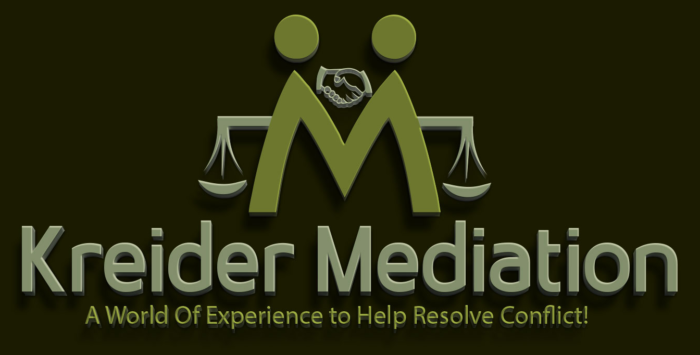Opinion
Understanding Unconscious Bias in Family Mediation

Understanding Unconscious Bias in Family Mediation
Introduction
Family mediation is a process where a neutral third party helps families resolve conflicts, typically during divorce or custody disputes. Unconscious biases, ingrained attitudes or stereotypes that affect our understanding and decisions, can significantly impact this process. Recognizing and addressing these biases is crucial for fair and effective mediation.
Section 1: What is Unconscious Bias?
Unconscious bias refers to prejudices we hold without awareness, often conflicting with our conscious beliefs. These biases stem from our environment, upbringing, and media influences. For instance, a mediator might unconsciously favor a parent of the same gender during custody discussions without realizing it.
Section 2: Unconscious Bias in Family Mediation
In family mediation, unconscious biases can manifest in various forms. A common example is gender bias, where a mediator might assume that mothers are inherently better caregivers than fathers. Cultural biases may lead a mediator to misunderstand or undervalue certain familial traditions. Socioeconomic biases could result in assumptions about a family’s lifestyle based on their income or job status, affecting the mediator’s recommendations.
Section 3: Identifying Unconscious Biases in Mediators
Mediators can identify their biases through introspection and feedback. Regular training sessions focused on bias recognition can help. For example, a mediator might realize they often assume that high-income parents are more capable of providing for children, a bias they can work to overcome through conscious effort and education.
Section 4: Mitigating the Impact of Unconscious Bias
To mitigate biases, mediators can follow standardized procedures that ensure all parties are treated equally. Developing empathy and practicing active listening helps mediators to understand each family member’s perspective without prejudice. Structured questionnaires and checklists can also aid in maintaining objectivity.
Section 5: The Role of Training and Education
Ongoing training in cultural competency and bias awareness is crucial. Workshops focusing on real-world scenarios, like dealing with mixed-culture families or understanding the dynamics of non-traditional households, are beneficial. Continuous education keeps mediators updated on best practices and aware of their biases.
Conclusion
Unconscious biases can significantly affect family mediation. By recognizing and addressing these biases, mediators can ensure fair and impartial conflict resolution. Continuous self-reflection and education are key in this ongoing process.
Tell us what you think in the comments about unconscious bias.
For Additional Resources please click on the links below.
“Whistling Vivaldi: How Stereotypes Affect Us and What We Can Do” by Claude M. Steele
“Blindspot: Hidden Biases of Good People” by Mahzarin R. Banaji and Anthony G. Greenwald
“Biased: Uncovering the Hidden Prejudice That Shapes What We See, Think, and Do” by Jennifer L. Eberhardt
—


Interesting article and great points. While reading, I immediately began examining my own thoughts and realized I do have areas that I naturally gravitate towards or away from. Thanks for the insight!
David,
I think it’s something we all need to work on.
Thanks for your comments!
As a CASA, I have seen first hand how unconscious bias can affect families and court cases. It can be difficult to separate yourself from your biases, but totally necessary to work towards the best outcomes for all.
Hi Michele,
I agree that one of the biggest challenges mediator’s will face is separating from biases. As a mediator, you owe it to yourself and the parties, ethically, to decline taking the case if you cannot overcome the biases.
Thank you for your comment!
Steve